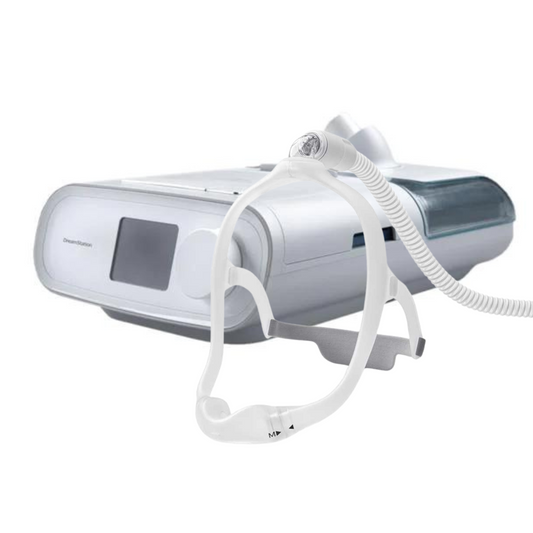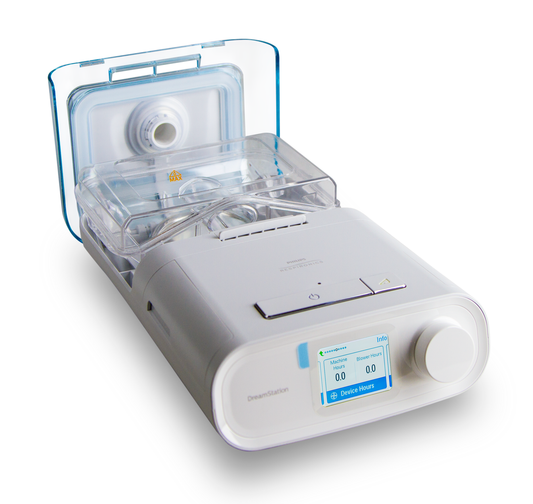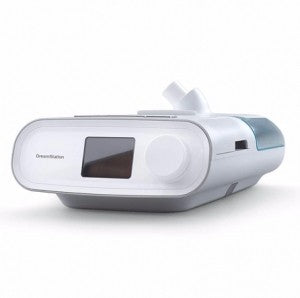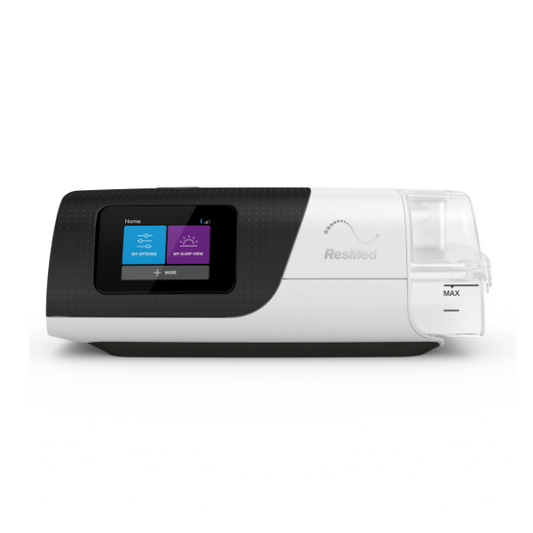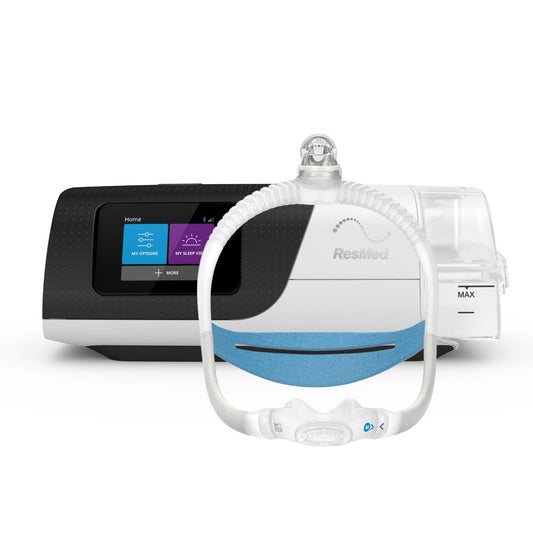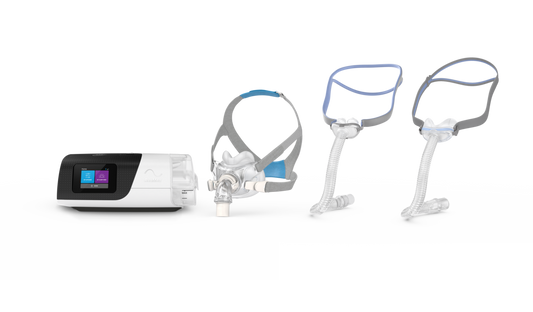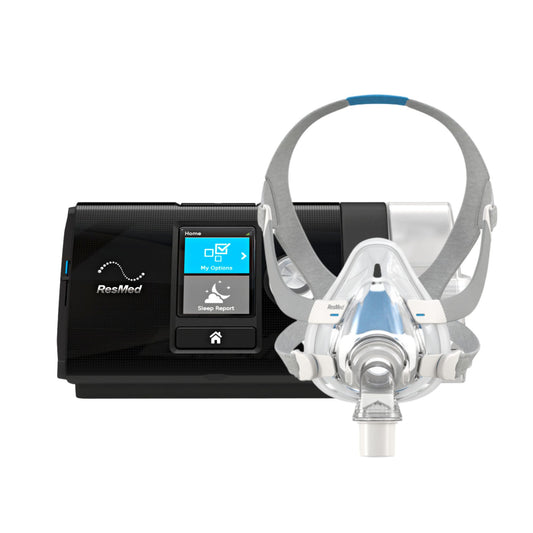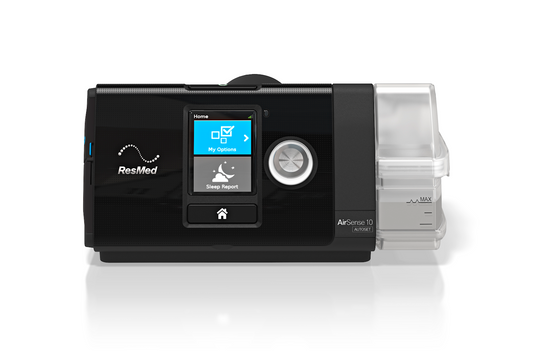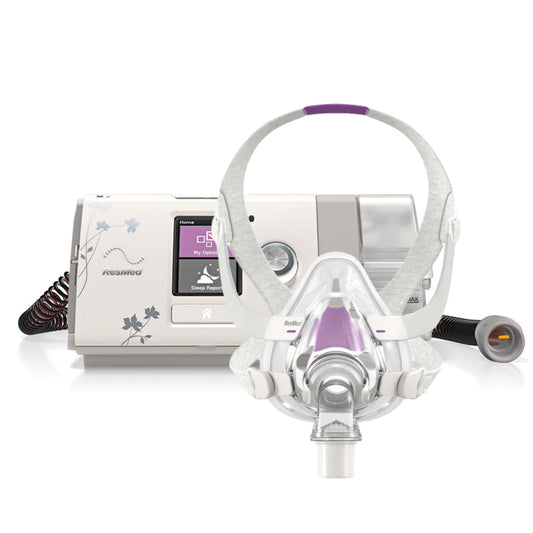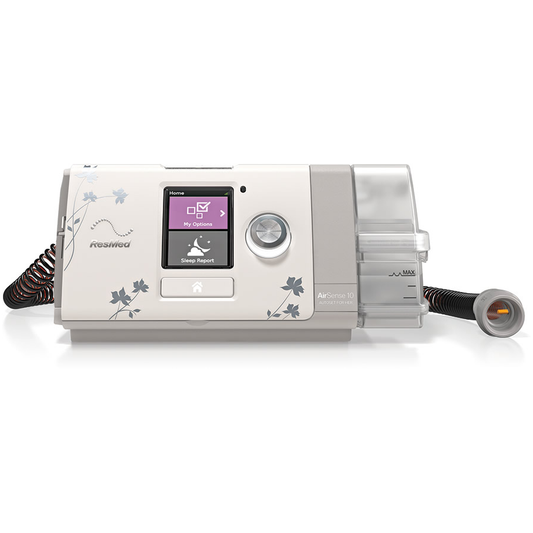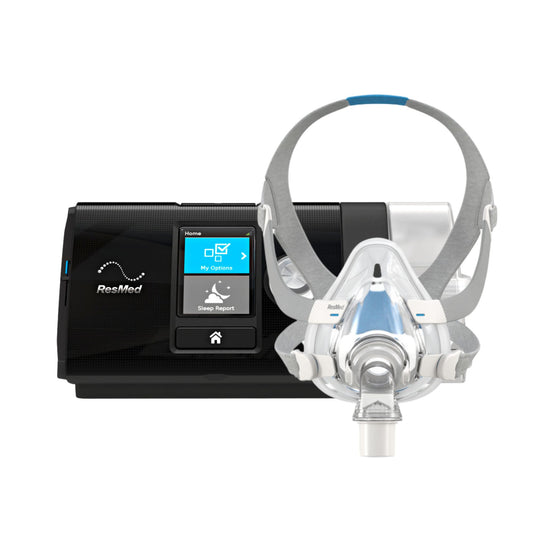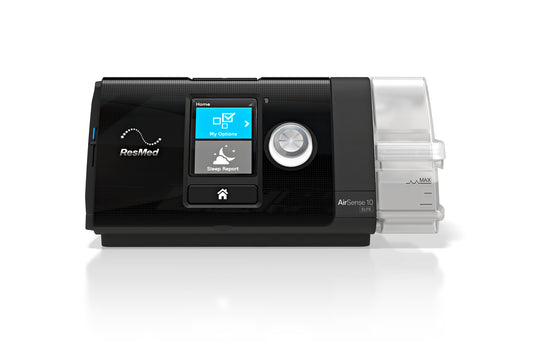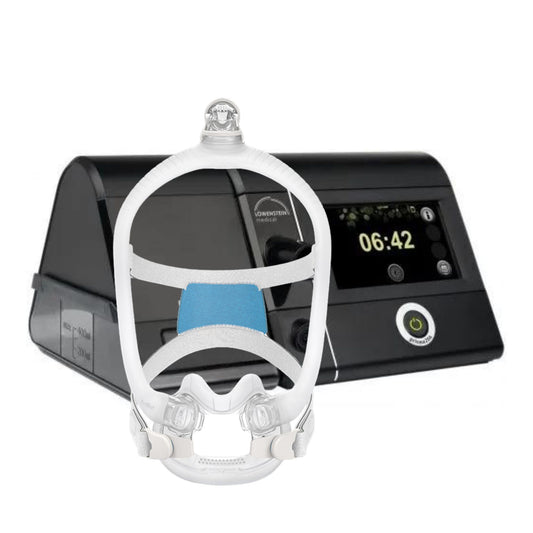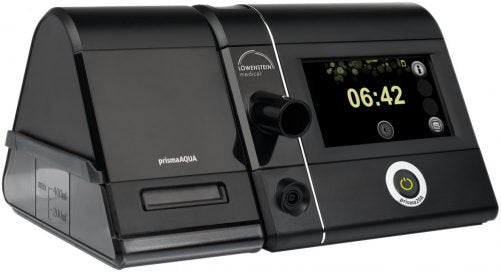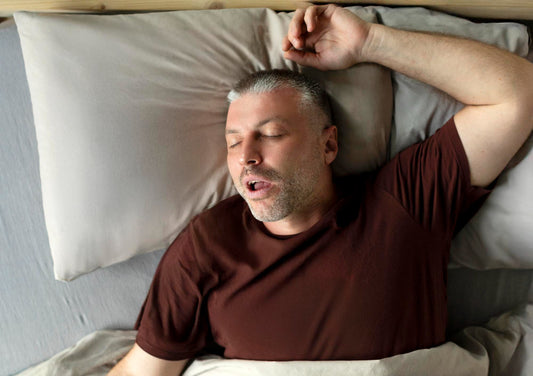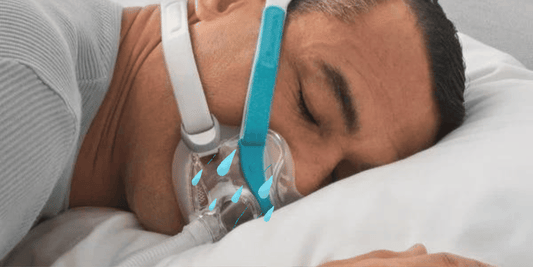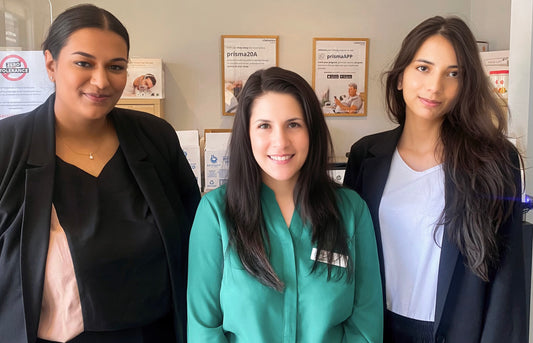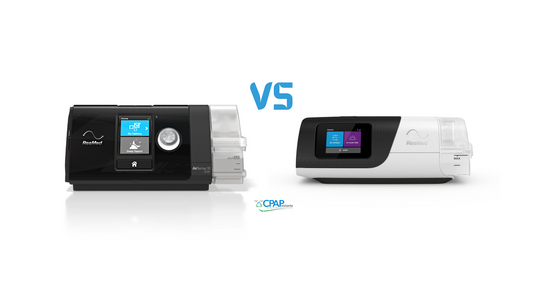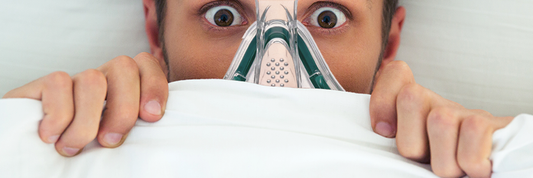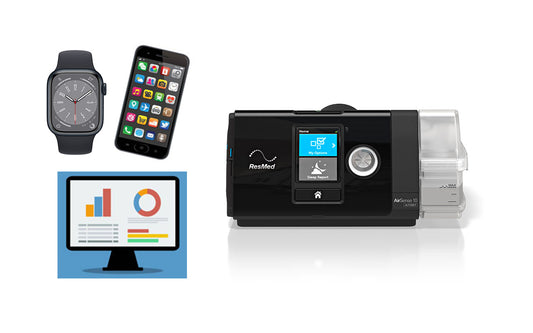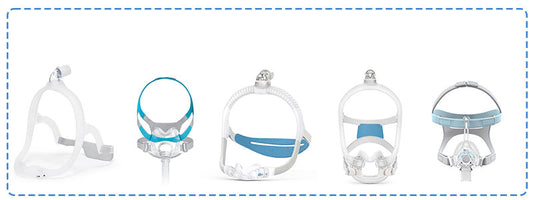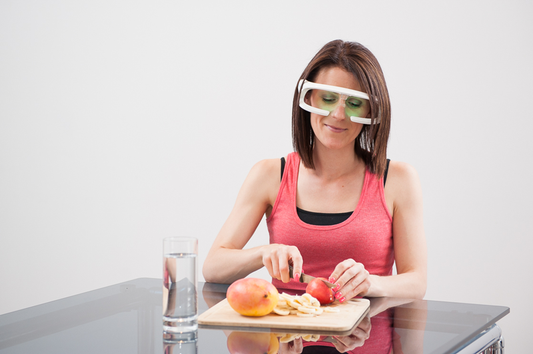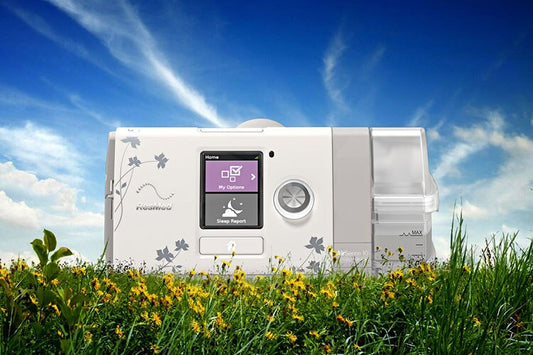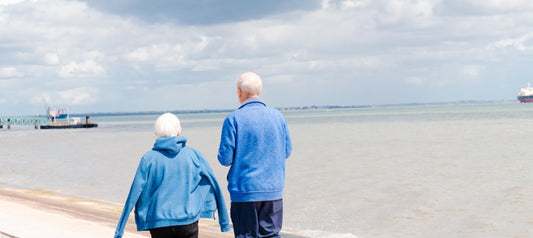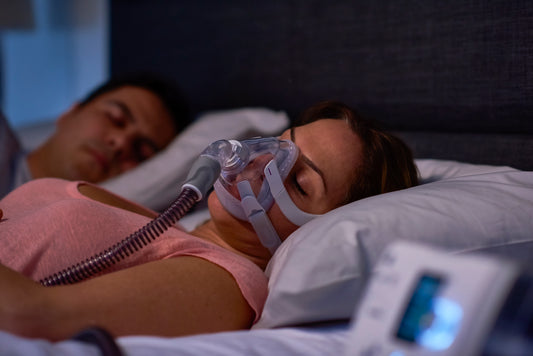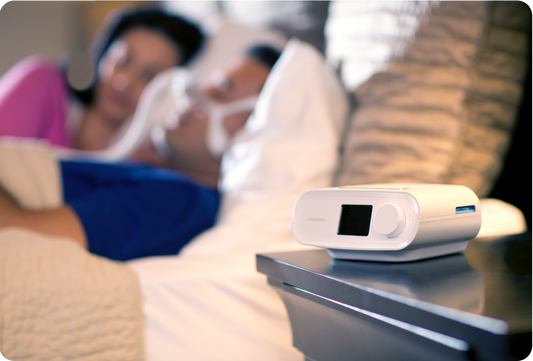Generally, CPAP therapy is the best and hassle-free method to treat mild to severe sleep apnoea. Other standards for treating obstructive sleep apnoea include APAP and biPAP therapy, surgery and dental devices. Alternative treatments include weight loss, special exercises, positional therapy, yoga and other natural remedies that are taken orally. Recent studies indicate that playing the didgeridoo is an alternative OSA treatment.
What is a Didgeridoo?
Didgeridoo is a 4 to 5 feet long wood wind instrument indigenous to Australia. Its origin dates back some 4,000 years. It is unlike other woodwind instruments as it is played not by using the lungs but with the movement of the tongue, lips and vocal cords. It is more of a rhythm instrument as the “beat” of the song and not its melody is played. The instrument is intuitive to learn as there is no need to know how to read notes or take special music lessons to play the didgeridoo.

Didgeridoo linked to Sleep Apnoea Therapy
It is true that each alternative treatment targets cause-specific snoring and sleep apnoea. It is also true that one of the most common causes of why an OSA patient has episodes of breathing pauses during sleep is due to his collapsed airway. If the pharyngeal muscles are exercised, will these muscles be strong and stiff enough so as not to collapse?
There are pockets of clinical studies and researches that demonstrate the efficacy of “playing” a didgeridoo to improve the quality of sleep and breathing during sleep of a person with mild sleep apnoea. The circular breathing used in playing the instrument is an efficient therapy for improving or treating snoring and mild sleep apnoea.
Sleep Apnea/ Didgeridoo Clinical Study
A 2005 study regarding didgeridoo playing as an alternative treatment for sleep apnoea and snoring was published on the British Medical Journal. The study involved 25 patients who snore and have moderate obstructive sleep apnoea. It was prodded by reports of didgeridoo players experiencing reduced snoring and daytime sleepiness.
These patients were assigned into two groups at random. One group was designated as the intervention group that was given didgeridoo lessons. For 4 months this group attended lessons and were made to practice at home. The control group was on the waiting list for lessons.
Daytime sleepiness and apnoea scores significantly improved in the intervention group, as compared to the control group. When interviewed, partners of the didgeridoo group said that their partners exhibited less sleep disturbance. Overall quality of sleep was not significantly different from the control group. However analysis of other sleep related measures indicated moderate to big effect of didgeridoo playing.
It was concluded that regular training of the upper airways by playing the didgeridoo will definitely reduce snoring and daytime sleepiness in patients with moderate obstructive sleep apnoea. The partners of the patients also exhibited improvement in their sleep quality.
Didgeridoo playing will not be effective for:
- Obese patients
- Patients with structural defect of the airway or the skull. A patient with a large tongue or small jaw is not advised to take didgeridoo sleep apnoea therapy.
- A patient who underwent Uvulopalatopharyngoplasty (UPPP) cannot play a didgeridoo as toned muscle neck is a must.
- Patients with severe OSA
- Patients with central sleep apnoea.
Conclusion
Didgeridoo sleep apnoea therapy may or may not work for everyone. In case it does work it is best not to assume that you OSA is treated to the point that you do away with your CPAP therapy without taking another sleep study. If low blood oxygen levels and apnoea episodes show in the steep study, then you need CPAP therapy until your next sleep test.
The bottom line is that it is alright to consider didgeridoo playing as an alternative treatment for OSA but it is best to use the two methods together.
Call us now at 1300 750 006 for more information.
